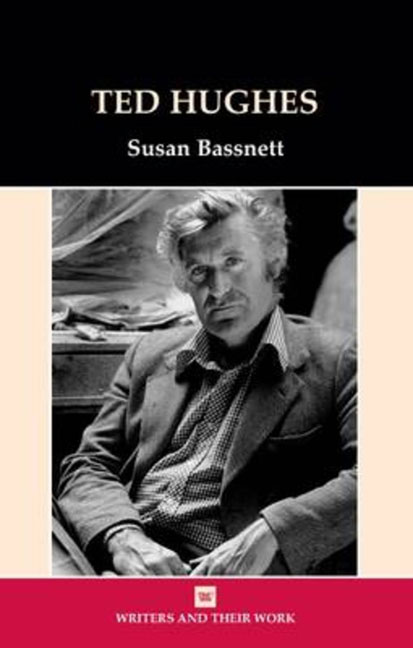Book contents
- Frontmatter
- Contents
- Acknowledgements
- Biographical Outline
- Abbreviations
- Introduction
- 1 ‘A sudden sharp hot stink of fox’: Ted Hughes and Nature
- 2 ‘Crowlookedattheworld’: The Poet as Shaman
- 3 ‘Being British is the mystery’: Hughes and his English Roots
- 4 ‘His voice felt out of the way. “I am”, he said’: Language and Mythology
- 5 With the Word burn the hearts of the people’: Ted Hughes and Translation
- Notes
- Select Bibliography
- Index
2 - ‘Crowlookedattheworld’: The Poet as Shaman
- Frontmatter
- Contents
- Acknowledgements
- Biographical Outline
- Abbreviations
- Introduction
- 1 ‘A sudden sharp hot stink of fox’: Ted Hughes and Nature
- 2 ‘Crowlookedattheworld’: The Poet as Shaman
- 3 ‘Being British is the mystery’: Hughes and his English Roots
- 4 ‘His voice felt out of the way. “I am”, he said’: Language and Mythology
- 5 With the Word burn the hearts of the people’: Ted Hughes and Translation
- Notes
- Select Bibliography
- Index
Summary
Apart from the first and last collections, the volume of poetry that has attracted the most critical attention is a work from Hughes's most troubled period, Crow: From the Life and Songs of the Crow that was published in 1970. The book is dedicated to Assia and Shura, who had died in 1969. Over the next four years, more than 20,000 copies were sold, interest fuelled by debates about what some readers saw as an excessive violence in Hughes's poetry, a violence apparent in earlier work but now fore-grounded in the Crow poems. One of the first poems in the collection, for example, ‘Lineage’ uses Biblical language in a shocking sequence that culminates in the begetting of Crow, ‘screaming for blood’. The first four lines offer a nightmarish vision of a world of terror and pain:
In the beginning was Scream
Who begat Blood
Who begat Eye
Who begat Fear
(C 2)
The dark world of Crow fascinated and appalled. Martin Dods worth saw Hughes as a flawed poet, obsessed by cruelty and destructiveness while Roy Fuller felt that Hughes had produced a language of pathological violence. Stephen Coote is even more dismissive: he states that Hughes has developed ‘a self-conscious brutalism’, particularly in Crow. Views such as these, expressed in popular guides to English literature were very damaging, and the idea of Hughes as a poet addicted to gratuitous violence lasted a long time. Hughes himself had little patience with such reactions; he told Ekbert Faas that he believed forms of violence invoked what he called the ‘elemental power circuit of the Universe’ and could not be avoided. In his view, English writers of the post-war period wanted to feel cosy and not tap into the more dangerous forces in the world. He, however, being slightly younger, ‘was all for opening negotiations with whatever happened to be out there.’ Whatever was out there for Hughes meant the violence of animals and humans, the traumas of history and the universal patterns of aggression, retribution and regeneration that recur in myths and legends told and retold in communities all over the world.
- Type
- Chapter
- Information
- Ted Hughes , pp. 32 - 47Publisher: Liverpool University PressPrint publication year: 2009



